- Replies 28
- Views 2.4k
- Created
- Last Reply
Most active in this topic
-
Roburt 7 posts
-
Pete S 5 posts
-
boba 5 posts
-
Kris Holmes 4 posts
Most Popular Posts
-
maybe it's not as clear cut as I said. the articles you quote about use the terms "pirates" "bootlegging" and "counterfeiting". At some point in time "bootlegs" were strongly associated with illegal l

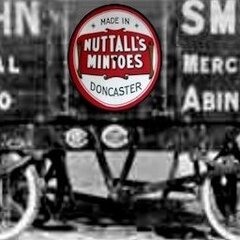
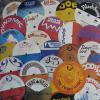



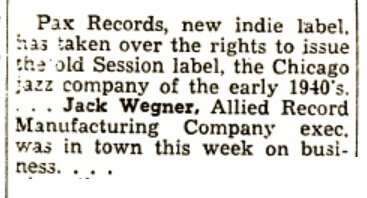
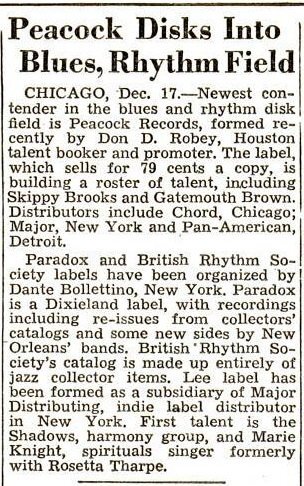
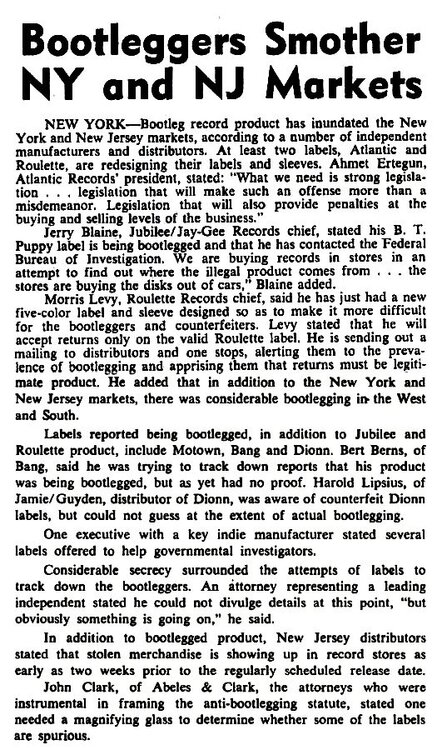
Seems that bootleg records have been about since records started being made.
The big ticket items are of course the NS items + big rock acts live gig records.
But lots of other examples come to mind ..................
............. some dating back to the early 60's ................
What labels (types of music) did the Mark Record Co of Utica, New York put out (legitimate stuff) ??